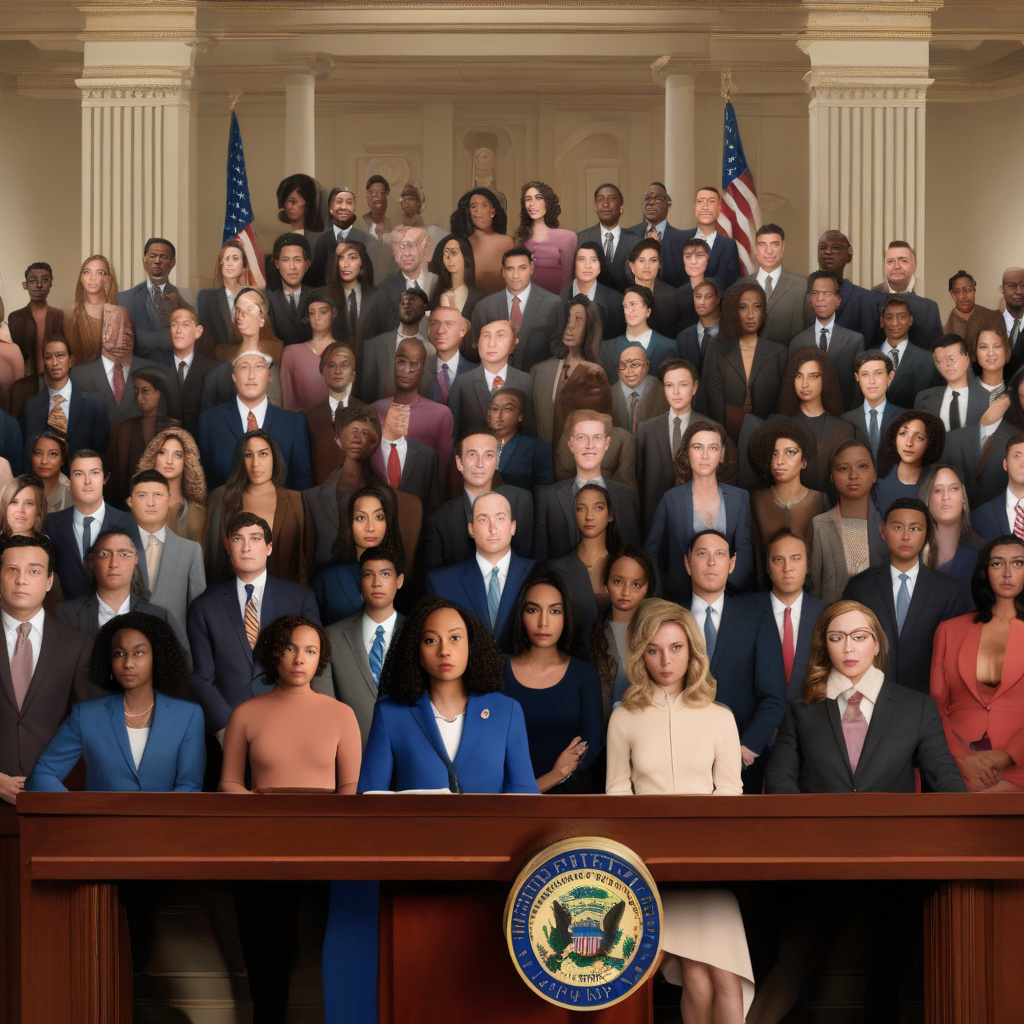New Jersey Takes a Stand Against AI-Generated Nude Deepfakes of Minors
In a recent legal victory for privacy rights and child protection, a teenage girl from New Jersey successfully won a legal battle against an AI nudify site that targeted schoolgirls. The case sheds light on the growing concern surrounding AI-generated nude deepfakes of minors and the urgent need for legislation to address this issue.
The teenage girl, whose identity has been kept confidential, discovered that her photos were being used on an AI nudify site without her consent. These photos, sourced from her social media accounts, had been digitally altered to create explicit nude deepfake images. The site, which specifically targeted schoolgirls, had been operating with impunity, exploiting the lack of regulations around AI-generated deepfakes.
Deepfake technology has advanced rapidly in recent years, allowing malicious actors to create highly realistic fake images and videos. While deepfakes have various applications, such as in entertainment and digital art, the non-consensual creation and distribution of deepfake pornography, especially involving minors, raise serious ethical and legal concerns.
The case in New Jersey highlights the psychological and emotional harm that AI-generated nude deepfakes can inflict on victims, particularly young individuals who may not have the resources or knowledge to protect themselves. Beyond the immediate impact on the victim, these deepfakes can also have long-lasting consequences, affecting their relationships, reputation, and mental well-being.
Recognizing the urgency of the situation, lawmakers in New Jersey have taken decisive action to criminalize the creation and distribution of AI-generated nude deepfakes of minors. The new legislation imposes strict penalties on individuals or entities found guilty of producing or disseminating such content, with a focus on protecting the privacy and dignity of young people.
By criminalizing AI-generated nude deepfakes of minors, New Jersey sets a crucial precedent for other states and jurisdictions to follow suit in safeguarding vulnerable individuals from digital exploitation. The legal victory achieved by the teenage girl not only brings justice to the victim but also sends a clear message to perpetrators that such unethical and harmful practices will not be tolerated.
In the digital age, where technology continues to advance at a rapid pace, it is essential for laws and regulations to keep up with emerging threats and vulnerabilities. As AI capabilities evolve, so too must our legal frameworks to ensure the responsible and ethical use of these technologies, especially when it comes to protecting the rights and safety of minors.
The case in New Jersey serves as a wake-up call for policymakers, law enforcement agencies, and tech companies to work together in combating the proliferation of AI-generated nude deepfakes of minors. By prioritizing the well-being of young people and upholding their right to privacy, we can create a safer and more secure online environment for all.
As we navigate the complex landscape of digital innovation and its implications for society, it is imperative that we remain vigilant and proactive in addressing emerging challenges. The legal battle fought and won by the teenage girl in New Jersey is a significant step towards holding perpetrators of AI-generated nude deepfakes acco…
#AI, #Deepfakes, #PrivacyRights, #ChildProtection, #DigitalEthics












